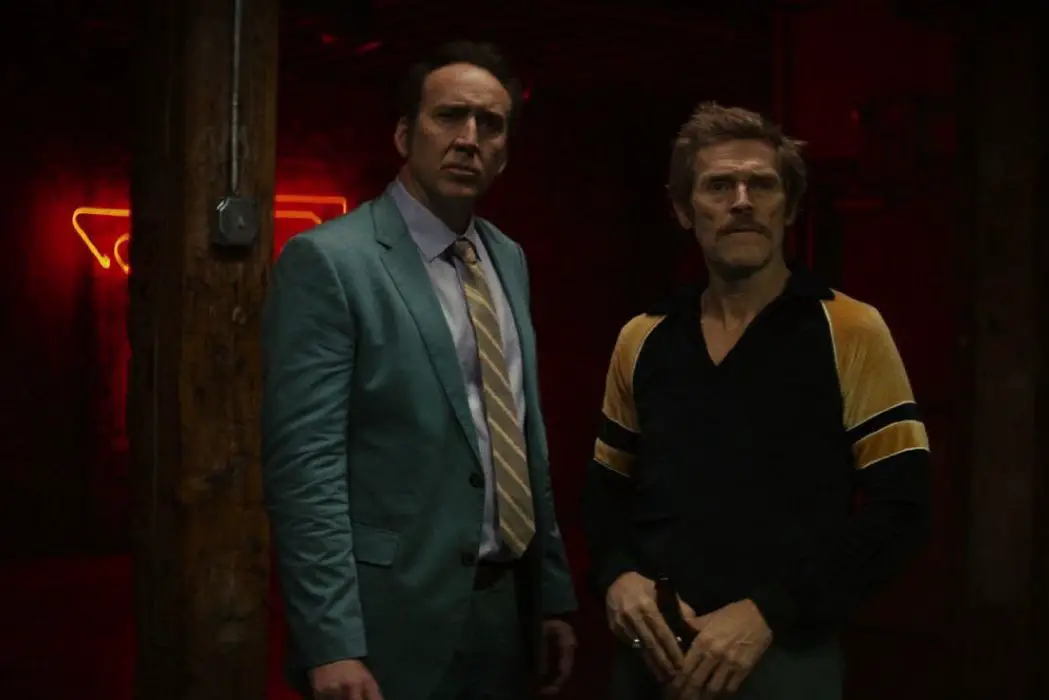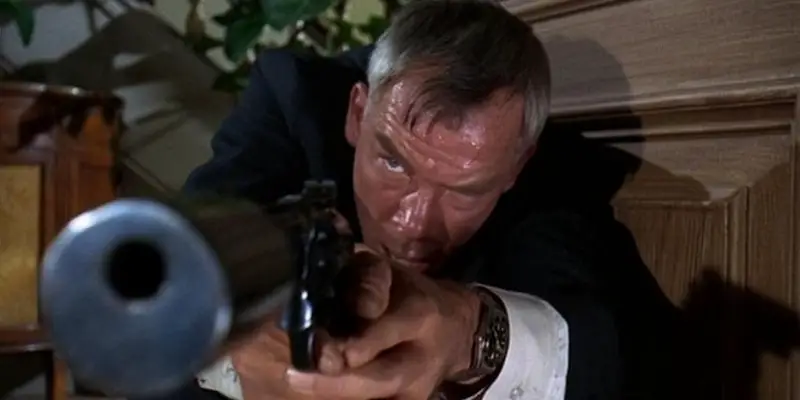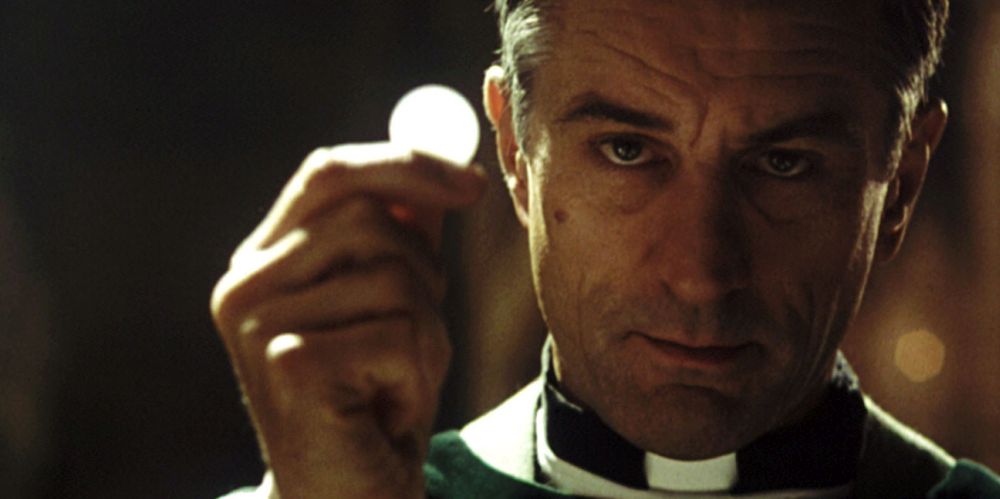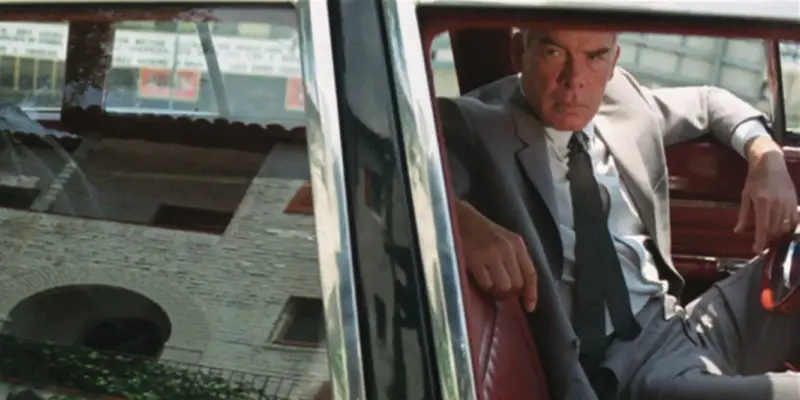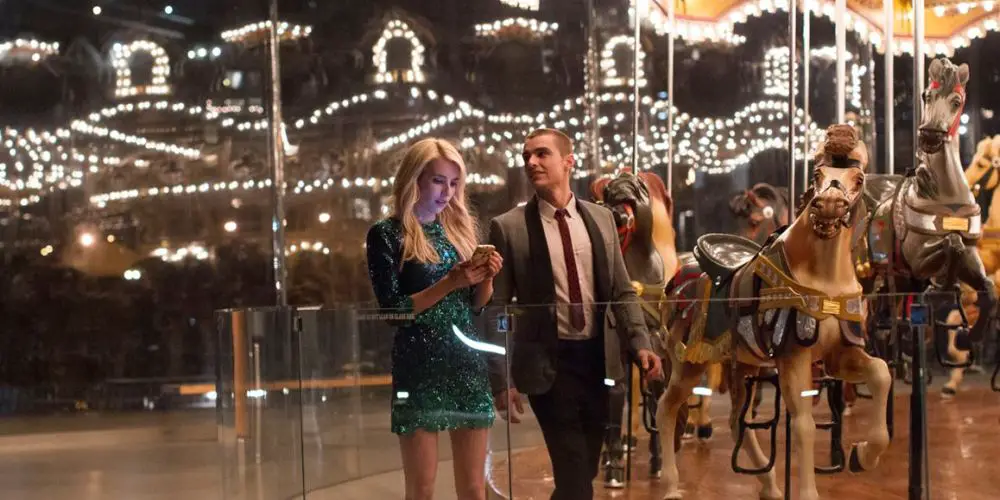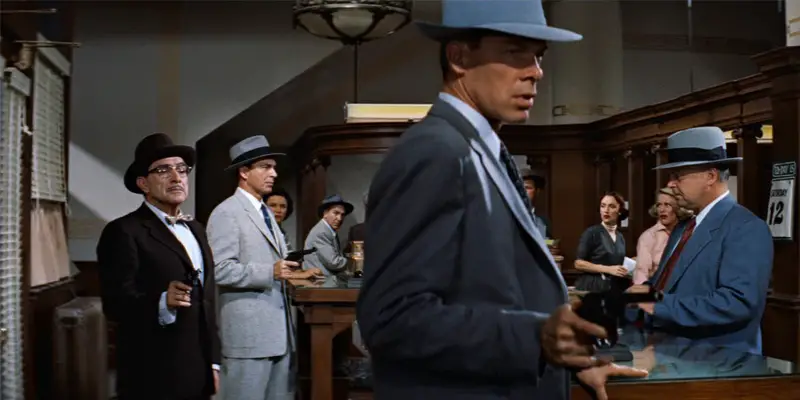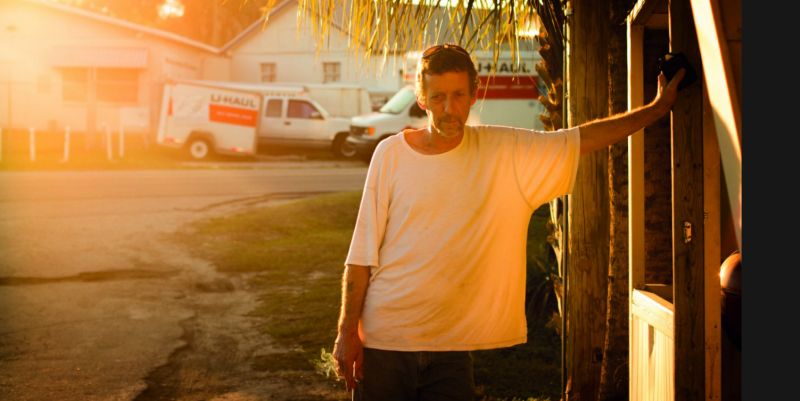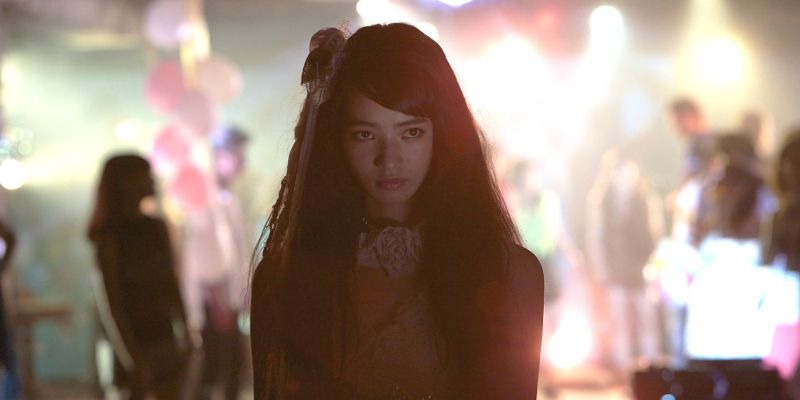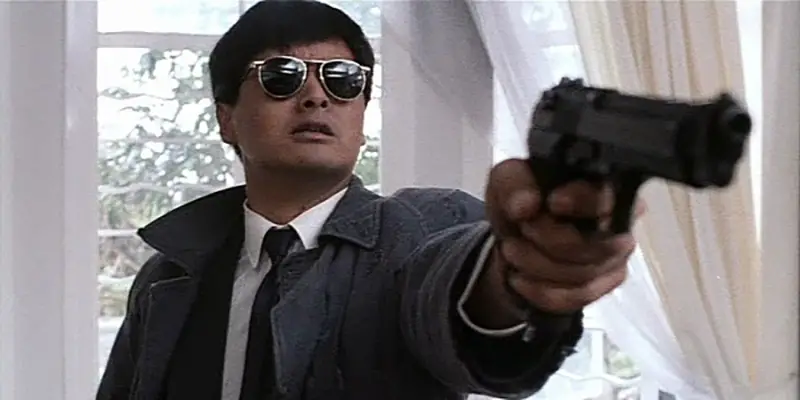crime
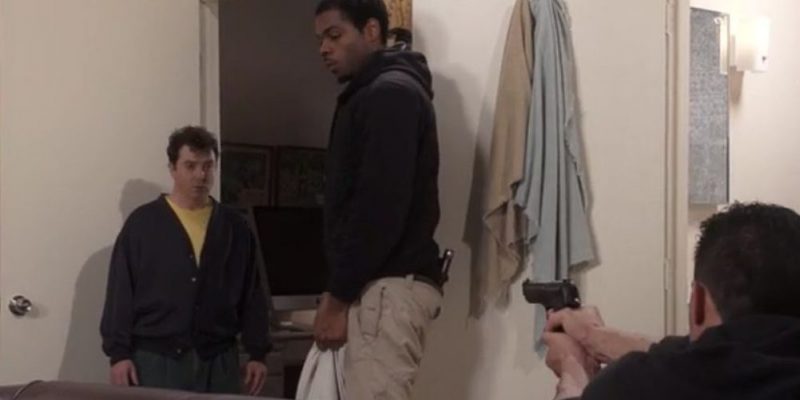
That’s Opportunity Knocking is a short comedy that starts off strong, panders down and then picks back up, written and directed by Charles Pelletier. Starring Satchel André and Moronai Kanekoa, the film recently won “Best Comedy Short” at LAIFFA. Pelletier clearly has a lot to say and harbors strong feelings about the 99% vs the 1%, which is how he opens his film and also is a theme that carries throughout.
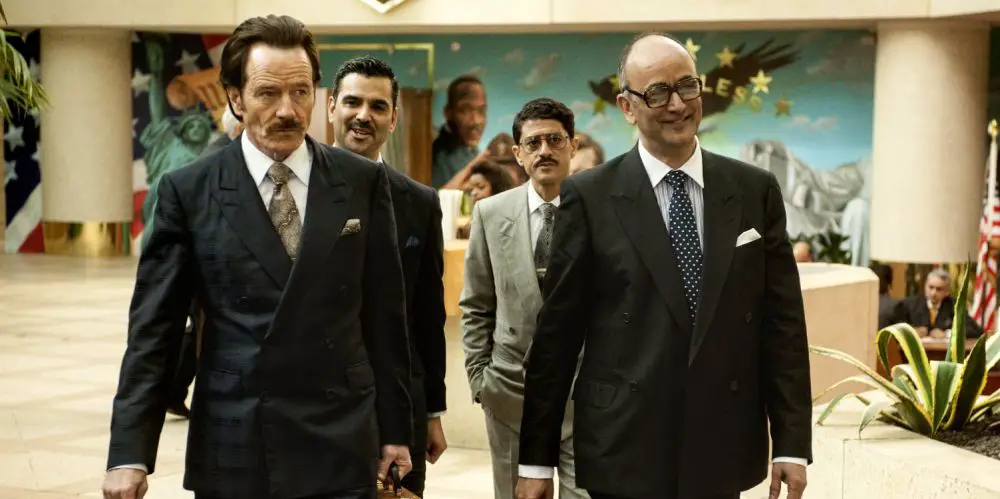
In recent years, the gangster film seems to be a stale genre, with a majority of the films lacking any distinctive qualities. Last year’s Black Mass is a prime example, with the only really memorable aspect of the film being Johnny Depp’s performance. Viewed against this backdrop, then, The Infiltrator just manages to stand out amongst modern films.
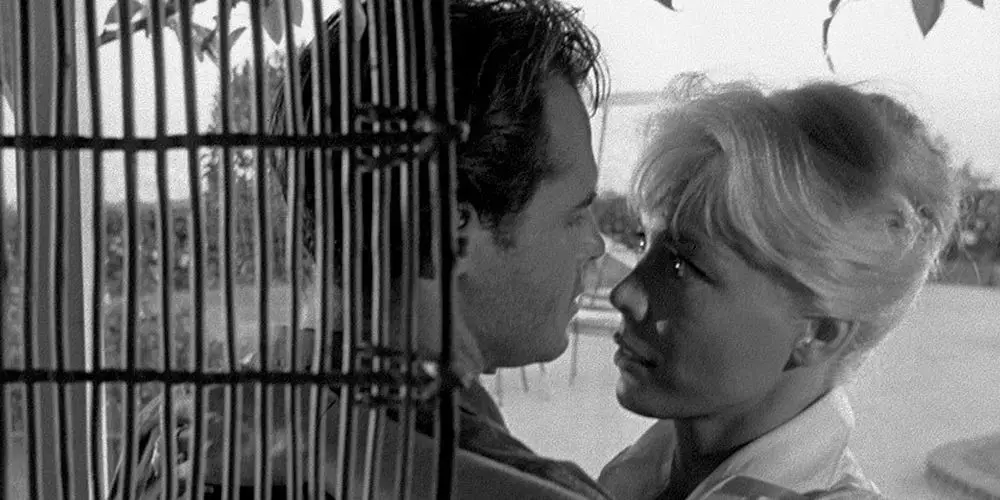
When it comes to cinema, it is truly the best and the worst of times. An unstable economy and the rampant rise of piracy have forced studios to rehash old films and hammer original ideas into the ground just to try and make money, with many mainstream movies now catering towards the profitable Chinese market to make those big bucks that the US haven’t been producing lately. Whilst it’s a dire situation, this new social media age has been a huge step forward in retaining and reviving film history.
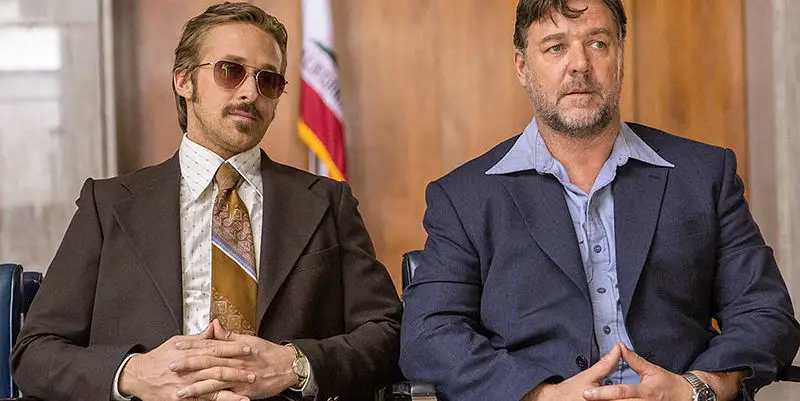
Shane Black’s The Nice Guys couldn’t come at a better time. Actually, strike that. If it had come out just a few months later after the slog of the summer movie season of blockbuster remakes, sequels, reboots, and rehashes had polluted our minds, then perhaps it would be received all the more with acclaim.
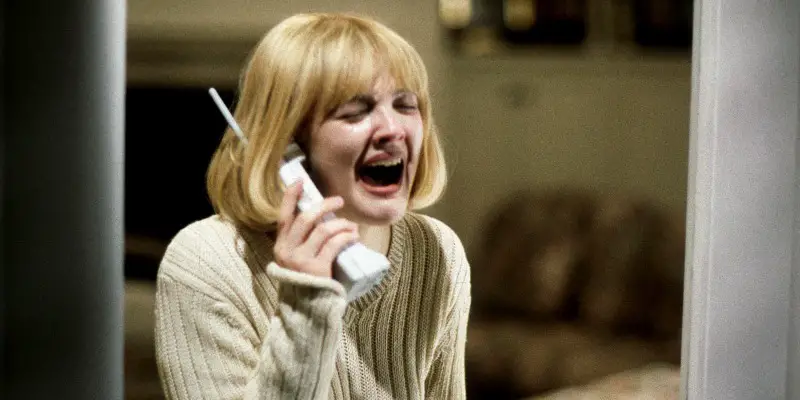
It may be fair to first point out that the question of this article has always been a conflicting issue that continuously floats around in the film industry. People often perceive the growing medium of cinema as a device for entertainment or as a brief, escapist distraction from society’s painful realities. This experience has impacted on how people think and behave within society, and Hollywood continue to question the extent to which films influence reality.
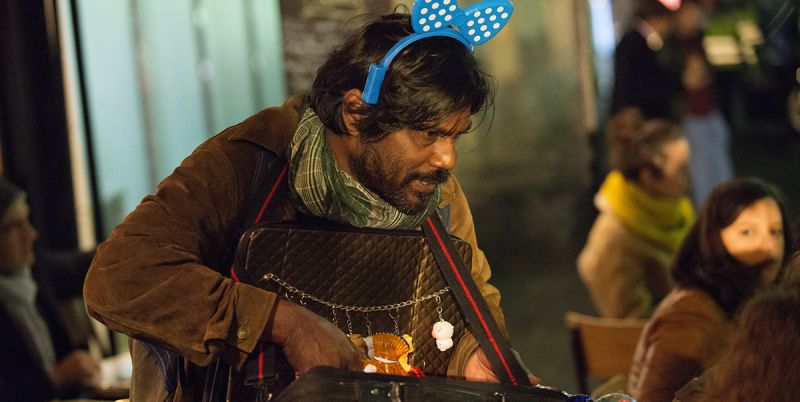
Even in world cinema, the stories we see on screen are largely those depicting the lives and crises of the most well-off members of each respective society – showing situations that still can largely be referred to as “first world problems” without a sense of ironic bite. It is why a film like Dheepan is so urgently needed in the current, self-centred socio-political climate. It firmly puts us in the shoes of characters whose stories are never told in cinema:


